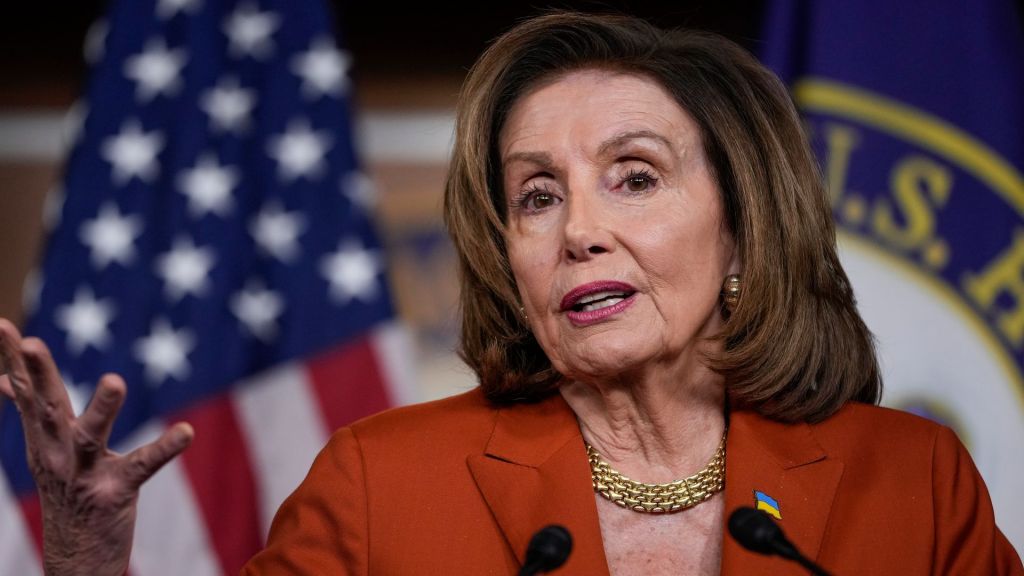
DODGE HAS CONFIRMED THAT THE NEXT GENERATION OF THEIR ICONIC CHARGER AND CHALLENGER CARS WILL BE FULLY ELECTRIC
THAT MEANS THEY’LL BE PHASING OUT THE COMBUSTION ENGINES OF THESE GAS GUZZLING MUSCLE CARS AND MAKING WAY FOR BATTERY POWERED MODELS AFTER 2023
THIS COMES AS GAS PRICES HAVE BECOME INCREASINGLY UNSTABLE -FUELING THEORIES THAT THERE’S A CONCERTED PUSH TO GET AMERICANS TO SWITCH OVER
SO IS ALL-ELECTRIC THE DIRECTION WE’RE HEADED? WELL MORE THAN A DOZEN U.S. CAR MANUFACTURERS HAVE ALREADY PLEDGED TO MAKE THAT SHIFT OVER THE NEXT FEW DECADES
IT’S *A PRICEY SHIFT ACCORDING TO THE KELLEY BLUE BOOK: WHICH PUTS THE AVERAGE PRICE OF AN EV AT 65 THOUSAND DOLLARS
HIGH PRICE POINTS HAVEN’T SEEMED TO SLOW SALES,ACCORDING TO THE NEW YORK TIMES
GLOBAL ELECTRIC CAR SALES ARE TRENDING UPWARD AND RECENTLY SURGED TO ALL TIME HIGHS – BLOOMBERG PREDICTS EVS WILL ACCOUNT FOR ALMOST A QUARTER OF ALL VEHICLE SALES BY 2025
RIGHT NOW ELECTRIC CARS ACCOUNT FOR ONLY ABOUT 0.6% OF ALL REGISTERED VEHICLES IN THE U.S.
AND CONGRESS IS SET TO VOTE A NEW BILL THAT COULD SPARK FURTHER EV ADOPTION IF IT PASSES –






